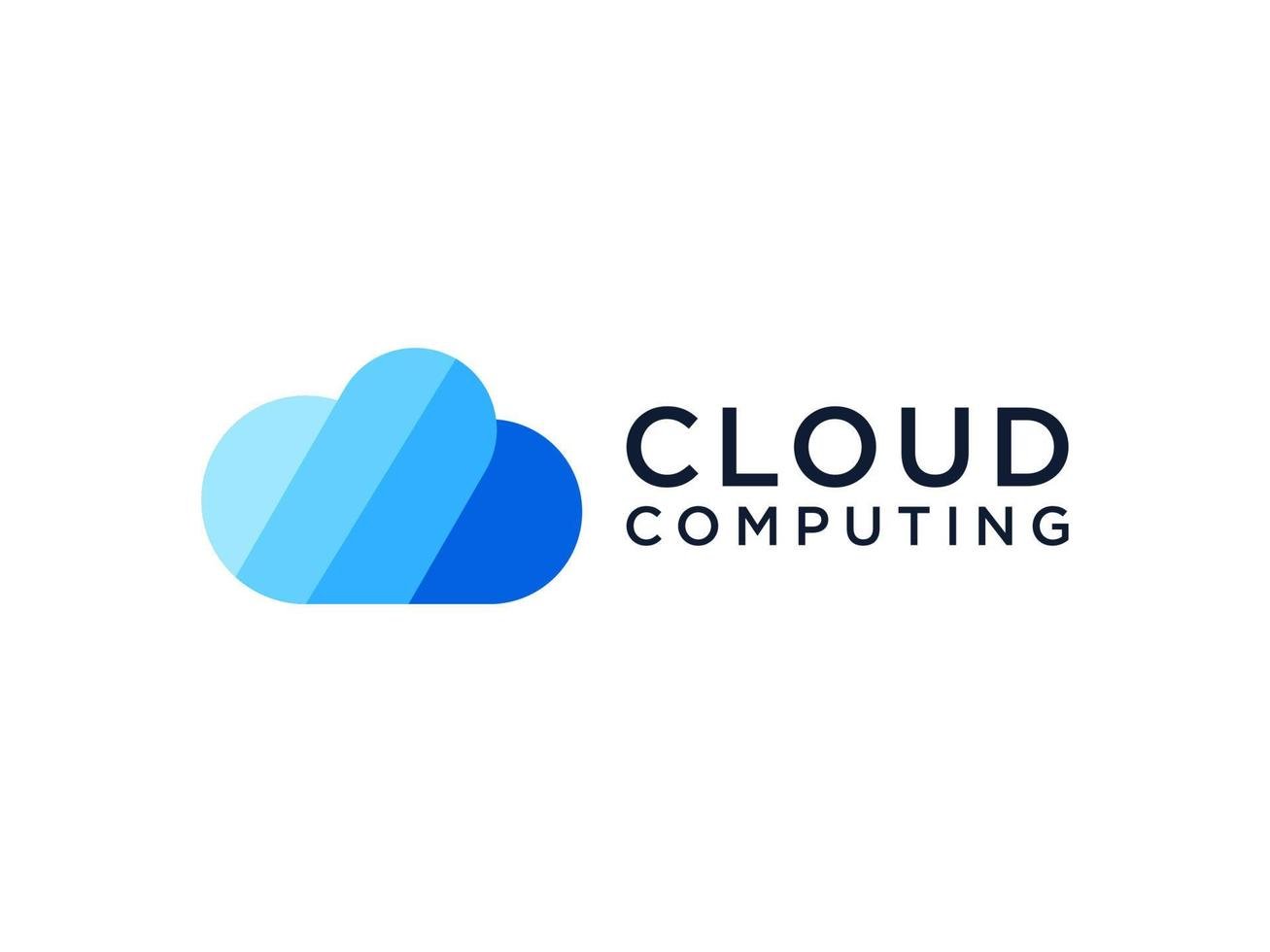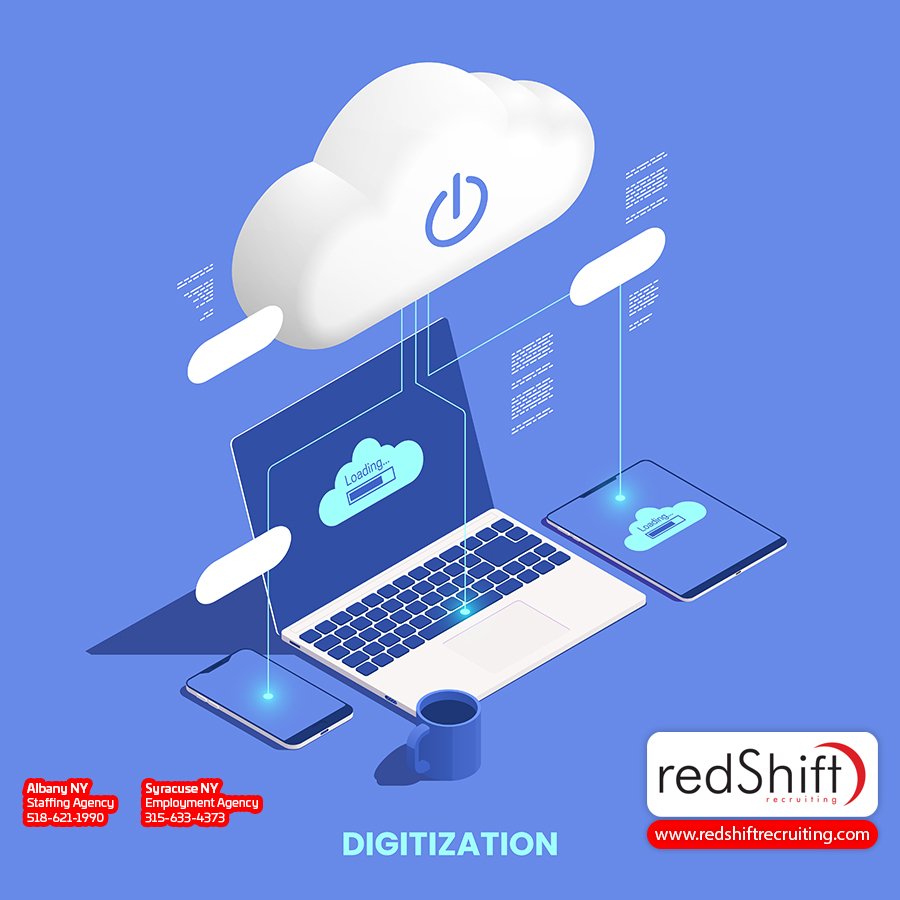
Cloud Computing Certifications
What Are Cloud Computing Certifications?
Cloud computing certifications are formal recognitions of an individual's expertise and skills in the field of cloud computing. Cloud environments are offered by various cloud service providers and independent organizations, and they validate a professional's ability to design, implement, and manage cloud services and infrastructure. These certifications cover a range of topics, including cloud architecture, deployment, security, and management. Here's a more detailed look at cloud computing certifications:
What Cloud Computing Certifications Do:
Validate Skills and Knowledge: These certifications confirm a person's proficiency in specific cloud platforms (like AWS, Azure, or Google Cloud) or general cloud computing concepts. They test knowledge on various aspects like cloud deployment, service management, security, and troubleshooting.
Specialization: Certifications often focus on specific cloud roles or specialties, such as cloud architect, developer, system operations administrator, or security specialist. This allows professionals to demonstrate expertise in particular areas of cloud computing.
Career Advancement: Holding a cloud computing certification can significantly boost career prospects. It's a credential that can open doors to new job opportunities, promotions, and potentially higher salaries in the rapidly growing field of cloud computing.
Stay Updated: Preparing for these certifications helps professionals stay up-to-date with the latest cloud technologies, best practices, and industry trends, which is crucial in a rapidly evolving field like cloud computing.
Benchmarking Professional Skills: Cloud certifications provide a standardized benchmark for employers to assess the skills and competencies of potential or current employees, ensuring they have the necessary expertise to handle cloud-related tasks.
Why They Are Valuable:
High Demand for Cloud Skills: With the increasing adoption of cloud services in businesses, there's a high demand for skilled cloud professionals. Certifications help meet this demand, ensuring a workforce capable of implementing and managing cloud infrastructure.
Industry Recognition: Certifications from recognized cloud providers like Amazon Web Services (AWS), Microsoft Azure, and Google Cloud Platform (GCP) are highly regarded in the industry. They demonstrate a level of expertise that is recognized globally.
Enhanced Professional Credibility: Earning a cloud certification enhances an individual's credibility and shows commitment to the profession. It can also be indicative of a person’s willingness to learn and stay current in their field.
Higher Earning Potential: Certified cloud professionals often command higher salaries due to their demonstrated expertise. The certification can be a differentiator in the job market, setting individuals apart from non-certified peers.
Adaptability and Flexibility: Cloud certifications can make an individual more adaptable and flexible in their career, as they gain skills relevant to various industries and roles that are moving towards cloud-based solutions.
Preparing for Future Trends: Cloud computing is a key driver of modern IT infrastructure. Being certified in cloud technologies prepares professionals for future industry trends and technological advancements.
Popular Cloud Computing Certifications:
AWS Certified Solutions Architect, Developer, SysOps Administrator
Microsoft Certified: Azure Administrator Associate, Azure Solutions Architect Expert
Google Associate Cloud Engineer, Professional Cloud Architect
CompTIA Cloud+
Certified Cloud Security Professional (CCSP)
Each certification has its own set of prerequisites, exam formats, and focus areas, catering to different levels of expertise and career paths in cloud computing. As cloud technology continues to evolve, these certifications are updated regularly, making them relevant and valuable for professionals seeking to establish or advance their careers in cloud computing.
What Kind of Cloud Computing Certifications Are There?
There is a wide range of cloud computing certifications that demonstrate knowledge of cloud concepts and fundamentals, migration to the cloud, networking, and more. These certifications cover a variety of topics, including routing and switching, security, wireless, and collaboration. Some important cloud computing certifications include:
AWS Certified Cloud Practitioner
AWS Certified Solutions Architect - Associate
AWS Certified Solutions Architect - Professional
AWS Certified Developer - Associate
AWS Certified SysOps Administrator - Associate
AWS Certified DevOps Engineer - Professional
AWS Certified Advanced Networking - Specialty
AWS Certified Data Analytics - Specialty
AWS Certified Database - Specialty
AWS Certified Machine Learning - Specialty
AWS Certified Security - Specialty
AWS Certified: SAP on AWS
Azure Cloud certifications
Cloud Engineering
Cloud Architecture
Data Engineering
DevOps
Network
Machine Learning
CompTIA Cloud+
VMware Cloud Certification
Oracle Cloud Platform Digital Assistant Certified Professional
Oracle Cloud Infrastructure Certified Architect Professional
Oracle Cloud Infrastructure Observability and Management Certified Professional Certification
Oracle Cloud Infrastructure Certified Developer Professional Certification
Google Cloud Platform (GCP)
(ISC)² Certified Cloud Security Professional (CCSP)
CompTIA Cloud Essentials+
Microsoft Certified Azure Administrator Associate
Microsoft Certified Azure Developer Associate
Microsoft Certified Azure Solutions Architect Expert
Microsoft 365 Certified Enterprise Administrator Expert
Google Cloud Certified — Professional Cloud Architect
Google Cloud Certified — Cloud DevOps Engineer
Cloud Computing FAQs
What is an example of cloud computing?
Examples of cloud computing include services like Amazon Web Services (AWS), Google Cloud Platform (GCP), and Microsoft Azure, which provide various cloud-based resources like servers, storage, and databases. Software-as-a-Service (SaaS) applications like Salesforce, Dropbox, and Office 365 are also cloud computing examples, where the software is hosted in the cloud and accessed over the internet.
What are the 4 types of cloud computing?
The four main types of cloud computing are:
Infrastructure as a Service (IaaS): Provides fundamental computing resources like virtual machines, storage, and networks. Examples include AWS EC2, Google Compute Engine.
Platform as a Service (PaaS): Offers a platform allowing customers to develop, run, and manage applications without the complexity of building and maintaining the infrastructure. Examples include Microsoft Azure and Google App Engine.
Software as a Service (SaaS): Delivers software applications over the internet, on a subscription basis. Examples include Gmail, Salesforce, and Microsoft Office 365.
Function as a Service (FaaS): Enables developers to deploy individual functions or pieces of business logic without managing the underlying infrastructure, such as AWS Lambda.
Why do we need cloud computing?
Cloud computing provides scalability, flexibility, and cost-efficiency. It allows businesses to scale resources up or down based on demand, without investing in physical hardware. The cloud also offers accessibility, as users can access services and data from anywhere with an internet connection. It supports innovation and speed, allowing companies to deploy services quickly.
What is cloud computing and its advantages?
Cloud computing is the delivery of computing services over the internet ("the cloud") to offer faster innovation, flexible resources, and economies of scale. Advantages include:
Cost Reduction: Eliminates the capital expense of buying hardware and software.
Scalability: Offers the ability to scale computing resources to meet changing demand.
Performance: Large cloud computing services often provide reliable and efficient performance.
Speed and Agility: Allows for quick resource deployment.
Global Scale: Enables the provision of resources from data centers around the world.
What are the cons of cloud computing?
The drawbacks of cloud computing include:
Security and Privacy Concerns: Storing data off-site raises concerns about data security and privacy.
Dependence on Internet Connectivity: Requires a stable and fast internet connection for access.
Limited Customization and Control: Cloud services often come with predefined configurations and limitations.
Cost Concerns with Scaling: While scalable, extensive use of services can become costly over time.
Data Transfer Costs: There can be significant costs associated with moving large volumes of data to and from the cloud.
How is cloud computing used in everyday life?
Cloud environments impact everyday life in various ways. Consumers use cloud services for data storage (like iCloud or Google Drive), entertainment (Netflix, Spotify), and communication (Gmail, Slack). Businesses leverage cloud computing for data analytics, customer relationship management (CRM) solutions, and application development.
What is cloud computing in simple words?
Cloud computing is the delivery of secure cloud environments in different services through the internet, including data storage, servers, databases, networking, and software. Rather than owning their own computing infrastructure or data centers, companies can rent access to anything from applications to storage from a cloud service provider.
How cloud computing works?
Cloud computing works by providing users with access to computing resources and services hosted in remote data centers. These resources can include servers, storage, databases, networking, software, and more. Users connect to the cloud from their personal computers or mobile devices over the internet to access these services. The cloud provider manages the infrastructure and platforms that run the applications.
What AWS stands for and who is the No 1 cloud provider?
AWS stands for Amazon Web Services. It is one of the leading cloud service providers globally, offering a wide range of cloud computing services. As of my last update, AWS was considered the largest cloud provider in terms of market share, followed by Microsoft Azure and Google Cloud Platform.
Is Google Drive a cloud computing example?
Yes, Google Drive is an example of cloud computing, specifically falling under the category of Software as a Service (SaaS). It allows users to store files in the cloud, synchronize files across devices, and share files with others.
What is the most common use of cloud computing?
The most common use of cloud computing is to store and manage data. This includes cloud storage services like Google Drive and Dropbox. Other common uses include hosting websites and applications, streaming audio and video, delivering software on demand, and supporting data analytics.
What are the biggest benefits of cloud computing?
The biggest benefits of cloud computing include cost savings (reducing the need for hardware and software), scalability (adjusting resources based on demand), performance (reliable and efficient services), speed and agility (rapid deployment of resources), and the ability to work from anywhere with an internet connection.
Interested in other certifications? Learn more below:




